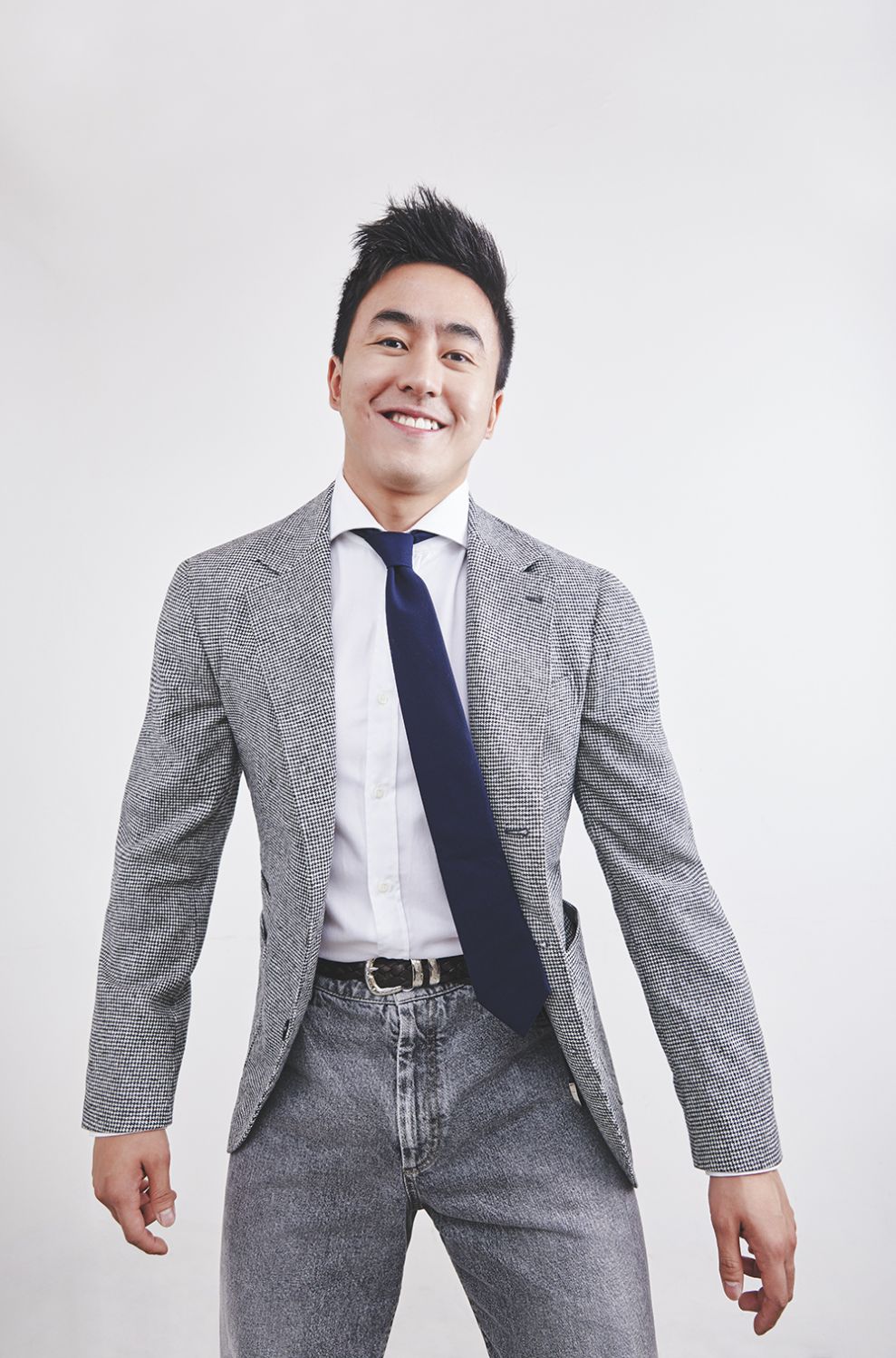Tatler+
The stellar siblings reveal what they really feel about growing up in the pool, swimming in the spotlight and life as professional athletes underneath the surface
Quah Ting Wen and Quah Zheng Wen are household names, undeniably. But do we really know who these professional athletes—who have represented Singapore grandly on the global stage—are, below the surface?
In a Tatler Singapore exclusive in partnership with Brunello Cucinelli, we speak to these stellar swimmers and equally bright, sharp individuals on what it takes to be successful, long-term sportsmen; what it took for them to get here growing up; and the importance of being focused, driven, intentional and discipline in and out of the swimming arena: “When it comes to focus, it’s also about not letting stuff outside the pool affect what we do in the pool—when we’re in the water, it’s not just our bodies, but our mind is in it 100 per cent.”
ON HONING THEIR SKILLS AND PASSIONS
Ting Wen: I was a very active child. And my parents encouraged us to be outdoors and play outside a lot—this was in the ’90s, before Netflix and all our smart devices. I loved spending time at the pool, so my parents signed me up for a Swim Survival course to make sure I learned necessary water safety, and a coach spotted me and asked them if I wanted to take up swim classes. As a kid, I very rarely said no, I was more of a “why not?” kid and things just progressed from there. I went onto joining swim meets and made friends also in the swimmer community. A few years later, Zheng joined me… I think the main reason why he became a swimmer was because he joined me.
Zheng Wen: My story is a lot less interesting! Like she said, I was at the pool because she was—she was constantly training and competing, and my parents decided that I should just join her. I was there so often, so I might as well do something productive with my time rather than run around the water! So my parents threw me in, literally. To be honest, I didn’t enjoy it too much at first, because I was a kid messing around, but as I got older, I made friends at the pool, started enjoying the sport and training eventually become my social time, making it easier and easier to come back. Then, here we are.

ON GOING FROM PASSION TO PROFESSIONAL
Ting Wen: One of the values our parents brought us up with is that whatever you do, put all your effort into it. Basically, don’t half ass anything. And that applied to swimming as well. They weren’t “swim parents” but they always pushed us to do our best and provided all the means to do so. Our dad played volleyball and mom played basketball at a school level—they knew nothing about swimming—and it all started because of our love for play in the water and how comfortable we were in that environment.
As for amateur to professional, I think that would be when I made the national team for the first time at 13. That year, I made my first world championship team—I was the youngest that year, alongside Joscelin Yeo and Leslie Kwok. I think being surrounded by all these professionals set great examples for me, and I feel in some areas we had to grow up quite quickly.
Zheng Wen: For me, I grew up a lot slower—I just had a lot of fun. I made my first international meet at 15, the SEA Games in 2011. At the time, it was a fun process for me, so I guess I only fully made the transition to a professional athlete when I graduated from ACS at the end of 2014. I was given the opportunity to train full time without any other distractions for the SEA Games in 2015, which was held in Singapore. That was the turning point when my life focused solely on swimming, without anything else on my plate. Then I continued on to the 2016 Rio Olympic Games before going to college in the US in 2017.

